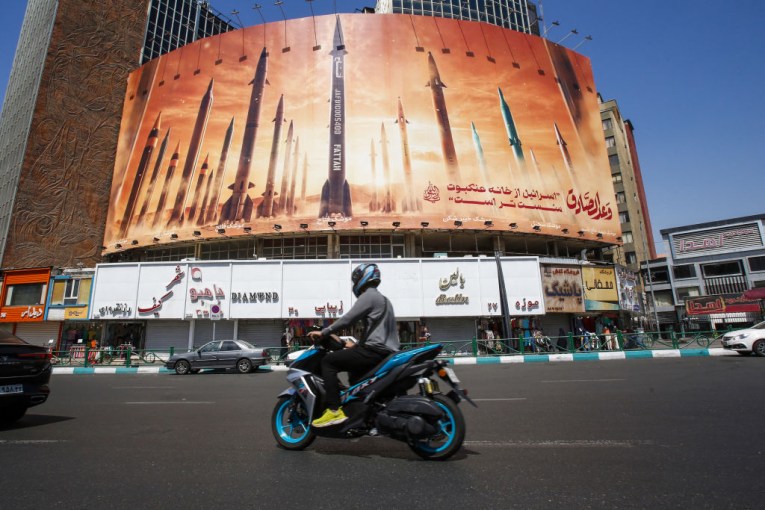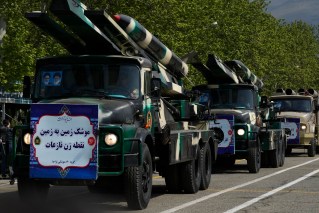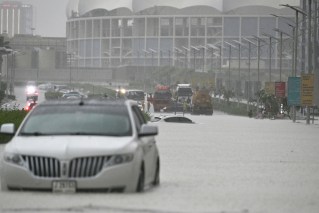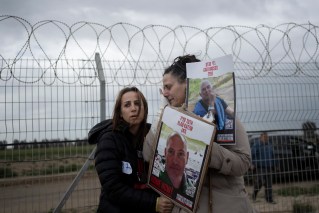Hardline judge claims victory in Iran as voters boycott the election
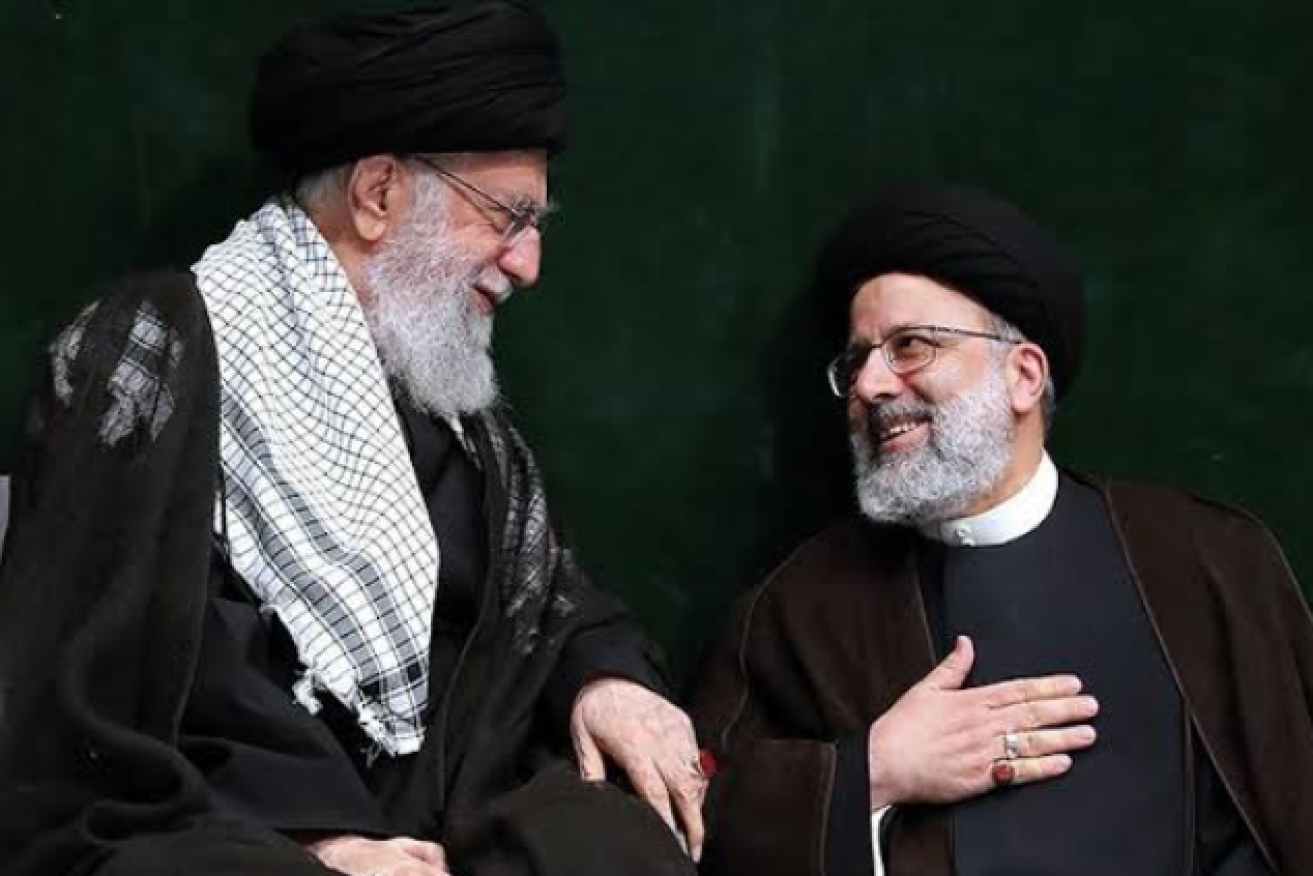
Iran's Supreme Leader Ayatollah Ali Khamenei shares a smile with protege Ebrahim Raisi as the votes were counted. Photo: Iran government
Iran’s hardline judiciary chief has won the country’s presidential election in a landslide victory after a vote that appeared to see the lowest turnout in the Islamic Republic’s history.
Initial results showed Ebrahim Raisi won 17.8 million votes in the contest, dwarfing the returns for the race’s sole moderate candidate.
However, Raisi dominated the election only after a panel under the watch of Supreme Leader Ayatollah Ali Khamenei disqualified his strongest competition.
If his election is ratified, Raisi will become the first Iranian president sanctioned by the US government even before entering office for alleged human rights offences that include the mass execution of political prisoners in 1988.
Iran has never formally acknowledged the executions.
More coronation than election
Raisi’s candidacy, and the sense the election served more as a coronation for him, was met with widespread apathy among voters in the Islamic Republic, which has held up turnout as a sign of support for the theocracy since the 1979 Islamic Revolution.
Some, including former hardline President Mahmoud Ahmadinejad, called for a boycott.
In initial results, former Revolutionary Guard commander Mohsen Rezaei won 3.3 million votes, while moderate Abdolnasser Hemmati got 2.4 million, said Jamal Orf, the head of Iran’s Interior Ministry election headquarters.
Hemmati offered his congratulations to Raisi early on Saturday.
“I hope your administration provides causes for pride for the Islamic Republic of Iran, improves the economy and life with comfort and welfare for the great nation of Iran,” he wrote on Instagram.
On Twitter, Rezaei wrote: “God willing, the decisive election of my esteemed brother, Ayatollah Dr. Seyyed Ebrahim Raisi, promises the establishment of a strong and popular government to solve the country’s problems”.
The quick concessions, while not unusual in Iran, signalled what semi-official news agencies inside Iran had been hinting at for hours: The carefully controlled vote had been a blowout win for Raisi.
As night fell on Friday, turnout appeared far lower than in Iran’s last presidential election in 2017.
At one polling place inside a mosque in central Tehran, a Shi’ite cleric played soccer with a young boy as workers napped in a courtyard.
In another, officials watched videos on their phones as state television blared beside them, offering only tight shots of locations around the country – as opposed to the long, snaking lines seen at past elections.
Voters stayed away in droves
Polling stations closed at 2am after the government extended voting to accommodate what it called “crowding” at several venues.
Iranian state television sought to downplay the turnout, pointing to the Gulf Arab sheikhdoms surrounding it ruled by hereditary leaders, and the lower participation in Western democracies.
After a day of amplifying officials’ attempts to get out the vote, state TV broadcast scenes of jam-packed voting booths in several provinces overnight, seeking to portray a last-minute rush to the polls.
Voter apathy has also been fed by the devastated state of the economy and subdued campaigning amid months of surging coronavirus cases.
President-elect accused of ‘executions’
Amnesty International have renewed a call for Raisi to be investigated for his role in what Washington and rights groups have called the extrajudicial executions of thousands of political prisoners in 1988.
Iran has never acknowledged the mass executions and Raisi has never publicly addressed allegations about his role.
Some clerics have said the trials were fair, praising the “eliminating” of armed opposition in the early years of the 1979 Islamic revolution.
“The circumstances surrounding the fate of the victims and the whereabouts of their bodies are, to this day, systematically concealed by the Iranian authorities, amounting to ongoing crimes against humanity,” Amnesty Secretary General Agnes Callamard said in a statement.
“We continue to call for Ebrahim Raisi to be investigated for his involvement in past and ongoing crimes under international law, including by states that exercise universal jurisdiction,” she said, pointing to its 2018 documented report on Raisi’s alleged role.
-AAP
